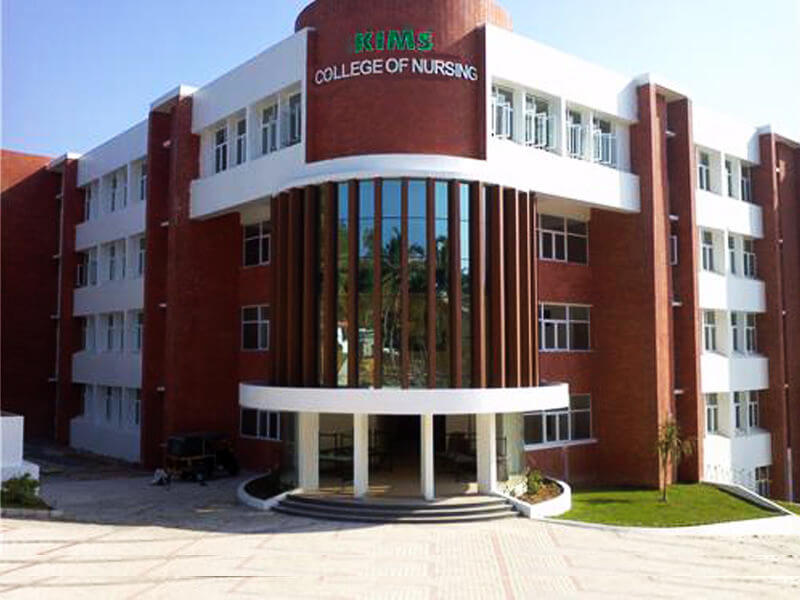Mission and Vision
The mission of KIMS College of nursing is to provide an academically challenging quality education at par with global standards to prepare future nurses to extend evidence based nursing care with courtesy, compassion and competence. The faculty of College of nursing is responsible for the quality of the educational programs for the promotion of safe nursing practices through effective teaching, service and collaboration with other professionals and consumers of care. The philosophy of our College of nursing encompasses with philosophy of human life, Philosophy of Nursing and philosophy of education
Philosophy of Human Life
We believe that each person is a unique being worthy of respect, with a personal history, intrinsic value, and a right to influence her/his destiny. Humans are integrated beings consisting of biological, psychosocial, cognitive, and spiritual aspects. Each individual is a part of the culture of her/his family, other groups, communities, and the larger society. Human beings share certain common characteristics, are interdependent, and have a need for social interaction.
Philosophy of Nursing
We believe that nursing is a systematic, deliberate caring process involving individuals, families, and communities in promoting health, reducing risk, preventing disease, managing illness, and supporting clients in all phases of living and dying. This process is based on a unique combination of knowledge, skills, and attitude that conglomerate the professional values of caring, respect, and a commitment to social justice.
Philosophy of Education
We believe that education is a life-long process, encompassing intellectual and life experiences that affect personal development. This process is best achieved in a milieu that recognizes the worth of the individual and fosters mutual inquiry. University education promotes intellectual development, assists the individual in finding a way of life. that is consistent with fulfilment of one’s own needs, and enhances one’s ability to serve society. It provides individuals with a broad knowledge base and skills to think critically, communicate effectively, develop self-understanding, and adapt to and institute change. Professional education builds on this general educational base and provides individuals with a specialized body of knowledge and expertise.

